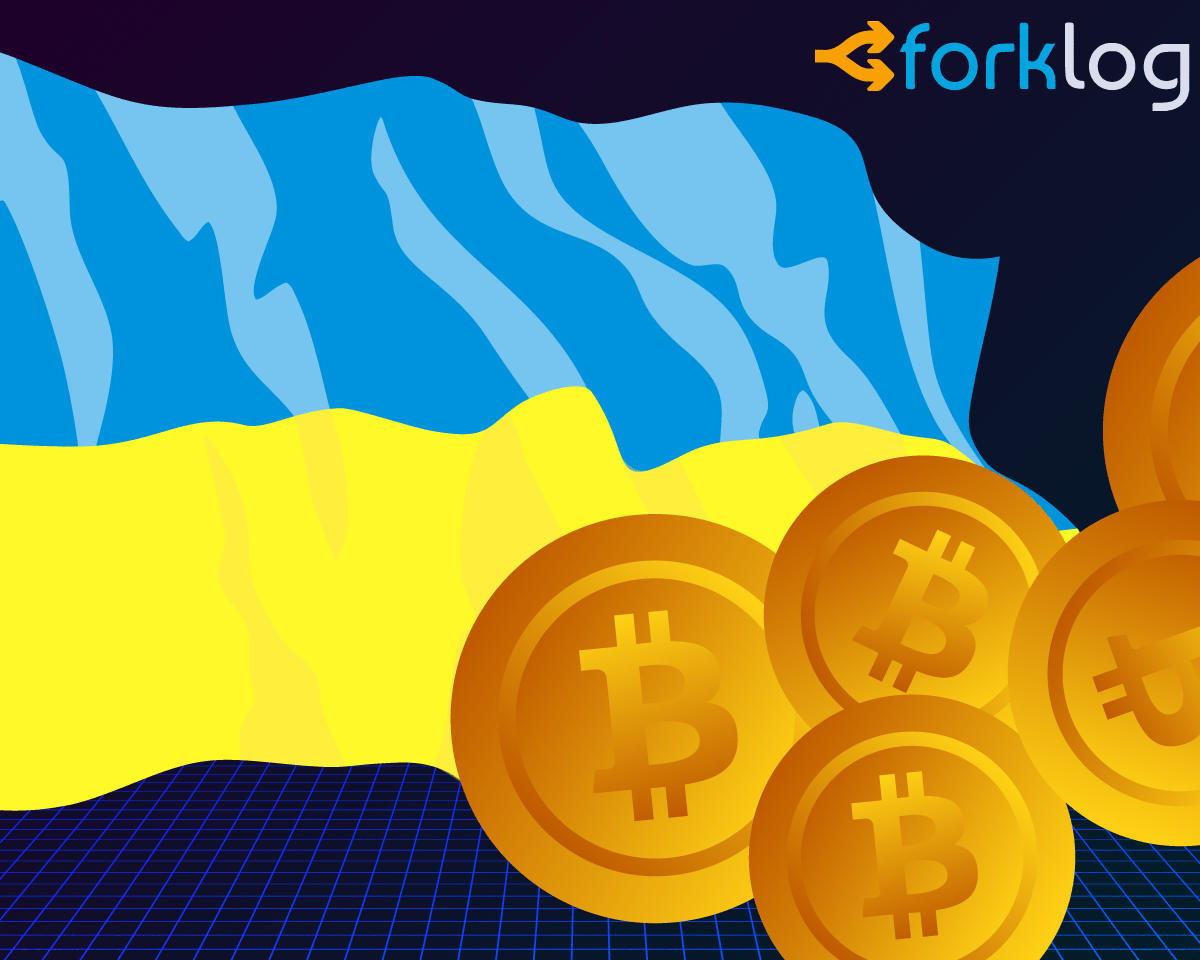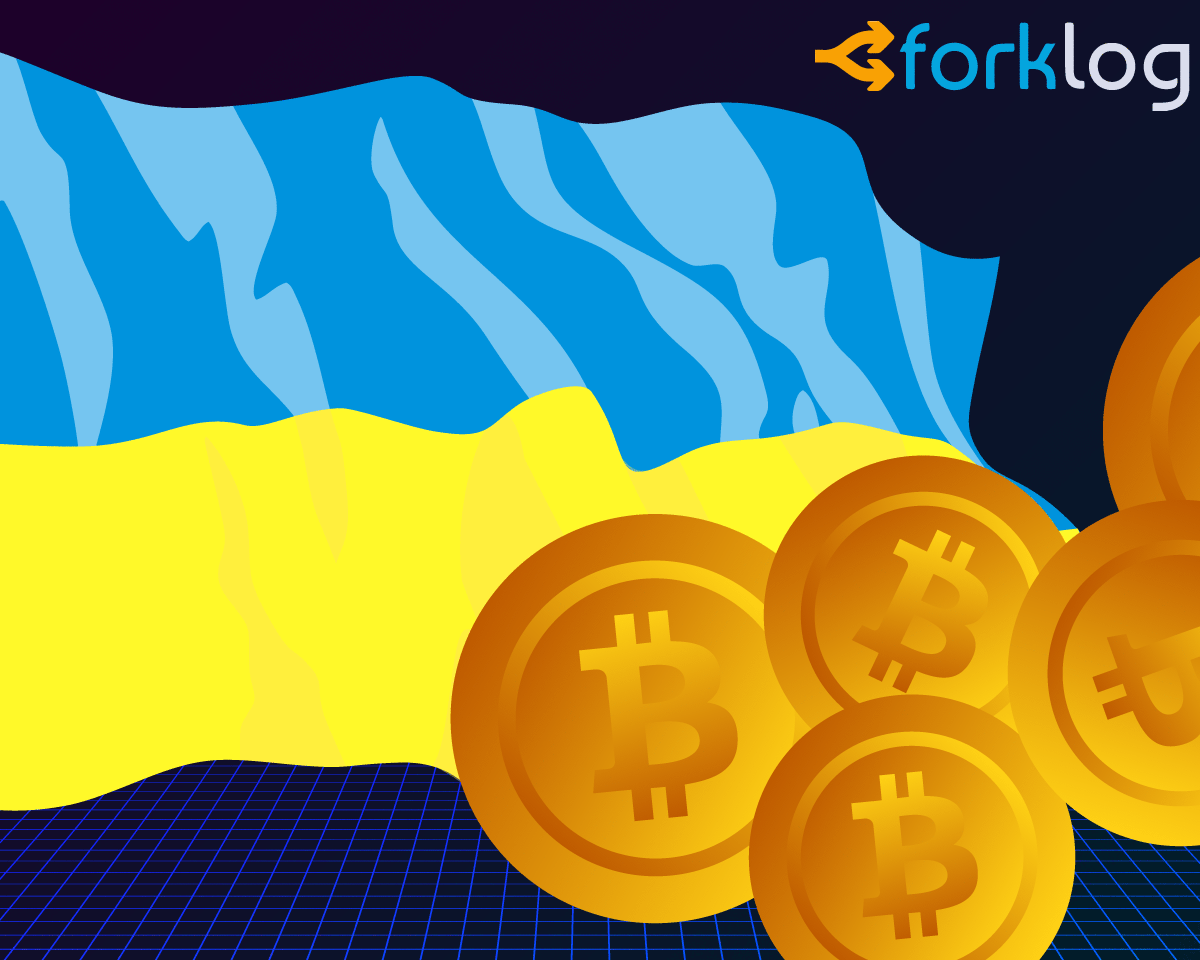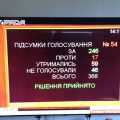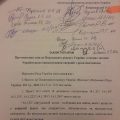02.06.2020
Karolina Salinger


In the Ukrainian bill«About virtual assets» not taken into accountprovisions of the Agreement between Ukraine and the EU, and some norms create a conflict with the anti-corruption law. Sergey Shevtsov, lawyer and managing director of SoftEthica LLC, told ForkLog about this.
Assessing the generally positive civilized desirestates to regulate the digital sphere of relations, any bill should take into account Ukraine’s agreements with other countries, the lawyer believes. We are talking about trade agreements, accession to EU programs (ISA² e-government development program, e-CODEX, e-Invoicing and others), implementation of the eIDAS regulation on cross-border electronic identification and joint research. This point is not disclosed in the document itself (as well as in the explanations to it), Shevtsov noted.
He proposed to take into account the provisions of the General Data Protection Regulation (GDPR) of the European Union in the requirements for service providers in the case of processing data of EU citizens.
Shevtsov believes that some terms are given “not entirely correctly.” For example, the explanation of token technology as a system for the circulation of tokens «essentially goes in a circle».
He also questioned the need to regulate the use of distributed ledger technology through a separate law, since the technology itself already exists and is documented:
«We don’t have laws on Bluetooth or Wi-Fi, which work successfully all over the world, as they are based on the physical laws of nature and certain phenomena».
In his opinion, when defining terms, it is betteruse the existing developments of the International Organization for Standardization (ISO), the International Electrotechnical Commission (IEC) and the International Telecommunication Union (ITU):
«Moreover, since October 2017, a blockchain standardization committee has been operating in Ukraine, whose members must take part in the work of the ISO technical committee».
One of the articles of the bill re-spelled out the rights and obligations of market participants, previously indicated in Ukrainian legislation, Shevtsov points out:
«Why repeat what already objectively exists and is inherent in individuals and legal entities?»
The expert emphasized that the bill several times refers to the law “On public electronic registers,” which has not yet been approved by parliament.
«This will create confusion when applying the law «On Virtual Assets» if accepted», —Shevtsov said.
According to him, parliament may not approvebill due to a number of inaccuracies. Article 1 allows virtual asset exchanges to deal in foreign currencies. Since this is the area of regulation of the National Bank, “such points must be previously agreed upon with the NBU,” the lawyer believes.
He also noted that in many articles the document refers to regulations (RLA), which are approved by the Ministry of Digital Transformation of Ukraine (Mindigits).
This will allow the ministry to fulfill not onlytheir direct functions (policy development), but also to provide administrative services, maintain a register and exercise control, which falls within the competence of another central executive body, which creates a conflict of interest, the expert believes:
«The government agency itself approves the rules for itself andmarket participants, which may contradict the Law «On Combating Corruption». A model would work better when the necessary by-laws submitted by the ministry are approved by the Cabinet of Ministers.
Article 13 allows the Ministry of Digital Affairs to approve standards, which is not the competence of the department, since the national standardization body (SE "UkrNIUTs") is responsible for this, the expert emphasized.
The Ministry of Digital should not take on an educational function in the form specified in the bill, Shevtsov said:
«Providing educational services — a licensed type of activity that is not usually carried out by a government authority.
Commentary For Forklog Scribd Law by ForkLog on Scribd
Earlier, experts noted that the most discussed issue at this stage may be the proposed classification of virtual assets.
The authors of the bill told ForkLog that mandatory registration is provided only for service providers associated with virtual assets.




